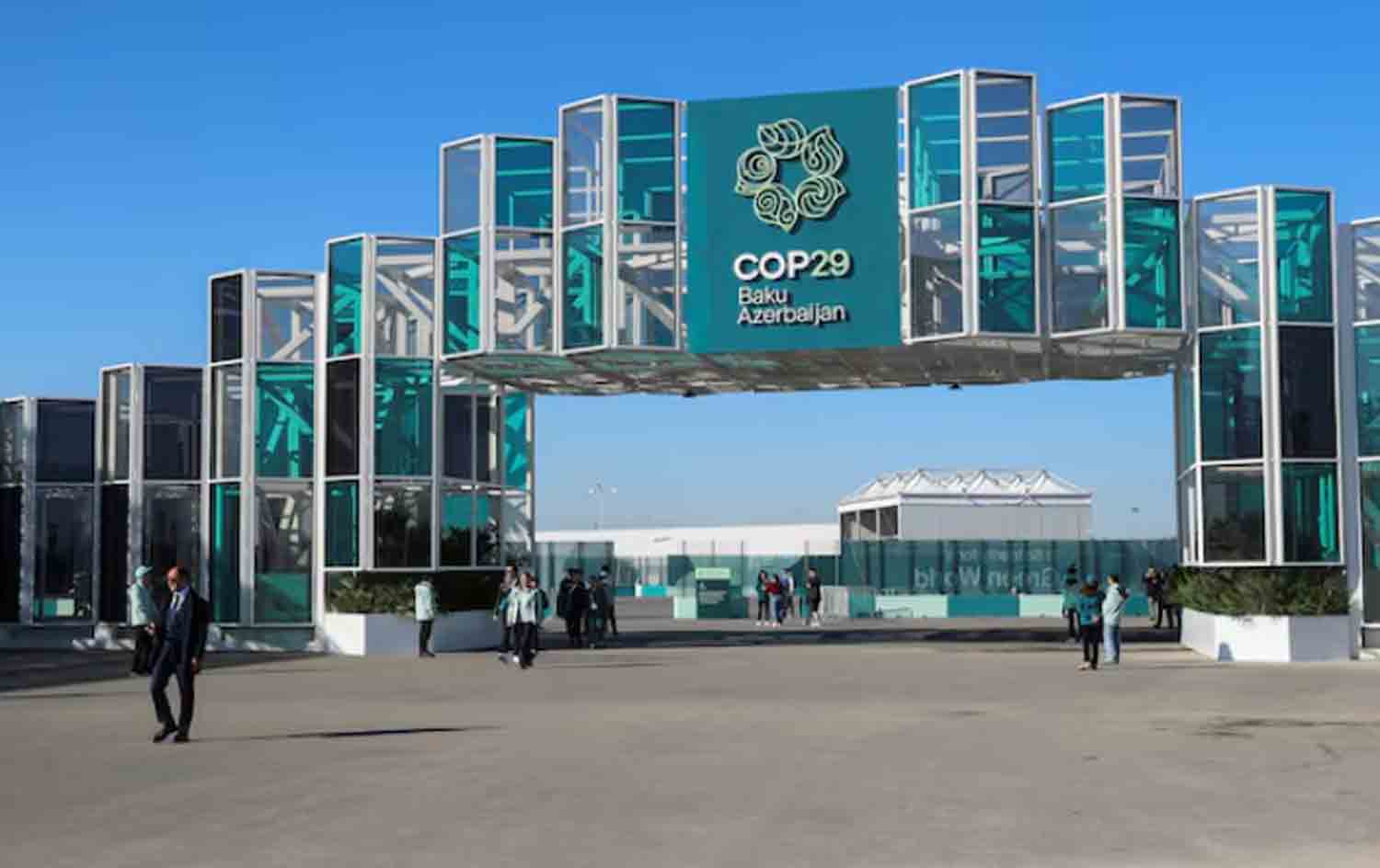Afghan Taliban representatives are set to participate in a significant United Nations climate conference commencing next week, as announced by the Afghan Foreign Ministry on Sunday. This marks the first occasion that Taliban officials will attend such an event since they regained power in 2021.
The COP29 climate summit, taking place in Baku, the capital of Azerbaijan, represents one of the most prominent multilateral gatherings attended by the Taliban administration since their takeover in Kabul following two decades of conflict with NATO-supported forces.
The United Nations has not permitted the Taliban to assume Afghanistan’s seat at the General Assembly, and the international community has not formally recognized Afghanistan’s government, primarily due to the Taliban’s policies regarding women’s education and their restrictions on freedom of movement.
Abdul Qahar Balkhi, spokesperson for the Afghan Foreign Ministry, confirmed that officials from the National Environmental Protection Agency have arrived in Azerbaijan to participate in the COP conference. The Taliban assumed control of this agency upon their return to power as U.S.-led forces withdrew.
Taliban representatives have engaged in U.N.-facilitated discussions regarding Afghanistan in Doha, and over the past two years, Taliban ministers have participated in forums held in China and Central Asia.
However, since 2021, the Bureau of the U.N. Framework Convention on Climate Change has postponed any consideration of Afghanistan’s involvement, effectively excluding the nation from the negotiations. Afghan non-governmental organizations have also faced challenges in attending climate discussions in recent years.
Azerbaijan, the host country, has extended an invitation to officials from the Afghan environment agency to attend COP29 as observers, which allows them the opportunity to engage in peripheral discussions and possibly conduct bilateral meetings, according to a diplomatic source who spoke with Reuters.
Due to the lack of formal recognition of the Taliban as the legitimate government of Afghanistan within the U.N. framework, these officials are unable to obtain credentials necessary for participation in the proceedings of full member states.
Azerbaijan’s presidency chose not to provide a statement.
The Taliban has prohibited female students over the age of approximately 12 from attending schools and universities. Additionally, this year, the group introduced a series of extensive morality laws mandating that women cover their faces in public and limiting their ability to travel outside the home without a male guardian.
The Taliban asserts that it upholds women’s rights in line with its interpretation of Islamic law.
Afghanistan is regarded as one of the nations most severely impacted by climate change. This year, flash floods have resulted in hundreds of fatalities, and the country, which heavily relies on agriculture, is experiencing one of the most severe droughts in decades. Many subsistence farmers, who constitute a significant portion of the population, are facing escalating food insecurity.
Some advocates have condemned the international isolation of the Taliban, arguing that it primarily harms the Afghan populace.
“Afghanistan is among the countries that are truly neglected in terms of their needs,” stated Habib Mayar, deputy general secretary of the g7+, an intergovernmental organization of conflict-affected nations.
“It is a dual burden they are enduring,” Mayar remarked. “There is a lack of attention and connection with the international community, coupled with rising humanitarian needs.”
Discover more from Defence Talks | Defense News Hub, Military Updates, Security Insights
Subscribe to get the latest posts sent to your email.





